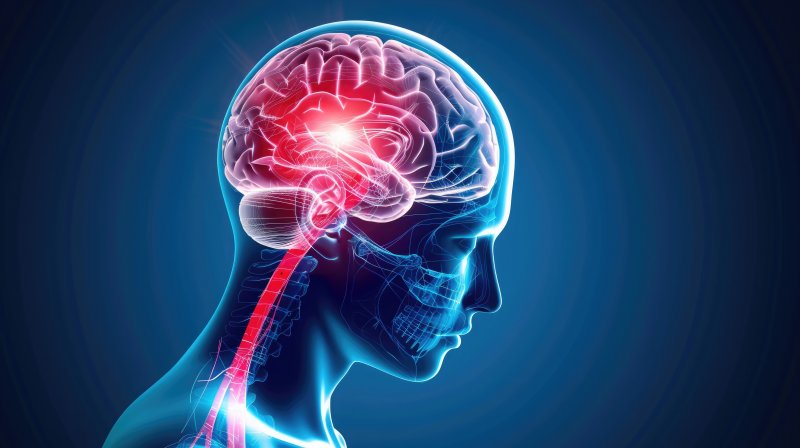
Obstructive sleep apnea (OSA) is one of the most prominent issues people are experiencing, causing them to struggle with fatigue even after waking up in the morning. While this disorder predominantly impacts your ability to rest efficiently, it can also negatively affect your mental capacities, including memory retention. Read on to learn how sleep apnea influences your brain function and the treatments that can help improve your situation.
How Does Sleep Apnea Affect Your Brain?
Humans have a protective layer over the brain tissue, typically known as a “blood-brain barrier,” which is designed to keep bacteria, harmful chemicals, and infection at bay. According to research from the University of California, Los Angeles, this barrier can be broken down due to sleep apnea. Interruptions in a person’s circadian cycle can lead to significantly reduced oxygen getting to the brain, which can then damage or weaken the tissue. Additionally, studies have found that those with sleep apnea are more likely to have decreased white and gray matter in their brains, meaning the disorder can lead to negative changes in the brain’s shape as well as its function.
Can Sleep Apnea Contribute to Memory Loss
Since OSA often causes a person to wake up frequently during rest, you’re more susceptible to feeling tired and restless during your day. Not only will you feel more fatigued, but you may also experience a decreased attention span along with drastically shortened memory retention. Getting plenty of rest allows you to retain and create memories more easily, meaning that repeated interruptions can raise the risk of becoming more forgetful. Furthermore, studies have discovered that the structures responsible for memory, known as mammillary bodies, were shown to be 20% smaller in those experiencing sleep apnea compared to people who slept comfortably.
How Can Sleep Apnea Treatment Help?
Given the information, treating sleep apnea can not only improve your rest but also the function of your brain and your ability to remember. According to a recent study, patients who underwent continuous positive airway pressure (CPAP) therapy were able to restore the majority of their brain matter after a year of treatment. Of course, this isn’t the only method out there that can help address this sleep apnea, so you’ll want to speak with an expert to explore the best solution for you. By treating this disorder and promoting greater brain function, you’ll be able to gain better rest and overall health.
About the Author
As a member of the American Board of Dental Sleep Medicine and other professional organizations, Dr. Jay A. Nelson strives to offer patients effective and personalized care to improve their rest. Today, he prioritizes addressing problems with sleep apnea by providing oral appliance therapy as well as combined therapy for more effective and long-lasting results. If you’d like to know more about the services we offer, don’t hesitate to visit our website or reach out to us at 813-733-4169.
